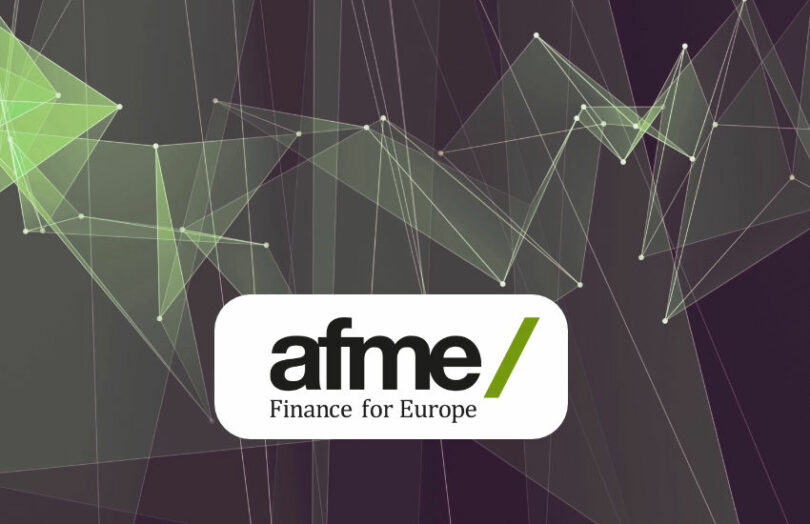Today the Association for Financial Markets in Europe (AFME) published a paper on digital finance. It outlines a series of priorities, with tokenization and digital assets being one of five pillars. The others are data, DORA, artificial intelligence and the capital markets union (CMU).
A key priority is addressing regulatory issues affecting tokenization. A major one relates to central securities depositaries (CSDs) which aren’t always necessary for DLT-based securities. However, current legal requirements require their use for listed securities and collateral eligibility, including for European Central Bank (ECB) collateral.
Regarding the DLT Pilot Regime, AFME credited the effort put into launching it. However, it went live in March 2023 and so far there are no approved DLT platforms. AFME highlights issues raised by banks, ESMA and others, including the volume restrictions and uncertain timeframes discouraging usage.
Additionally, AFME would like to see legal clarification relating to the Settlement Finality Directive around probabilistic settlement on public blockchains.
Turning to payments, AFME credited the ECB’s current DLT settlement trials in central bank money. However, right now they are purely trials, so a permanent solution is needed that may include tokenized deposits as well.
Basel Committee on tokenization
Meanwhile, the Basel Committee recently amended its crypto-asset rules, which strongly discourages use of permissionless blockchains for tokenized securities. AFME highlights the potential for smart contracts to specify significant control over tokens, addressing many of the Committee’s concerns. This includes whitelists, blacklists and giving issuers significant powers to act if something goes wrong.
Recently the EU implemented a temporary Basel crypto regime, and that needs to develop into a more permanent one.
Other major priorities revolve around building an effective ecosystem. Sovereign bond issues have already played an important role and will continue to do so. There’s a need for standards to avoid fragmentation in DLT infrastructures.
All of the ecosystem players need to work together, including buy-side, sell-side and infrastructures. While policy makers can help, that’s also up to the industry. That said, AFME credited some initiatives getting traction, including JP Morgan’s intraday repo and the HQLAᵡ collateral management system used by several large banks.
While tokenization is progressing, there’s a sense that it’s not moving fast enough. AFME isn’t the only one to give a push. On the payments front, a deputy governor of the Bank of England wrote an opinion piece in the Financial Times urging banks to innovate, including with tokenized deposits.






